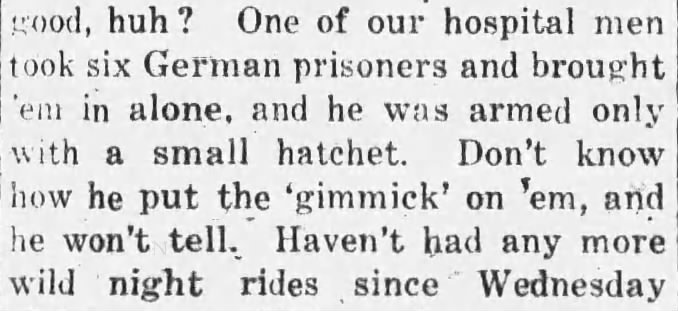
Gimmick
A gimmick is a novel device or idea designed primarily to attract attention or increase appeal, often with little intrinsic value.[1][2] When applied to retail marketing, it is a unique or quirky feature designed to make a product or service "stand out" from its competitors. Product gimmicks are sometimes considered mere novelties, and tangential to the product's functioning. Gimmicks are occasionally viewed negatively, but some seemingly trivial gimmicks of the past have evolved into useful, permanent features. In video games, the term is also sometimes used to describe unusual features or playstyles, especially if they are unnecessary or obnoxious.
For other uses, see Gimmick (disambiguation).
In marketing, the use of gimmicks can be an important part of the sales promotions effort. However, finding a successful gimmick for an otherwise mundane product can be challenging, as it requires some effort to match the promotional objectives with the gimmick, and select items which will ideally contribute to enduring brand recall.
Many different types of gimmicks are used in sales promotion and product design. For example, toothbrushes are often given certain gimmicks, such as bright colors, easy-grip handles, or color-changing bristles, in order to appear more interesting to consumers. This is often done in an attempt to appeal to children, who are often more interested in the gimmick than the product.
Musicians often adopt visual gimmicks that do not affect their music. Slash's top hat, Angus Young's schoolboy uniform, makeup used by KISS, and deadmau5's mouse helmet are examples of such gimmicks. Gimmicks within a musical context are also a central characteristic of the novelty song.
Failed gimmicks[edit]
In 1992, the British division of The Hoover Company launched a disastrous promotional campaign which promised free airline tickets to purchasers of its appliances. The division lost £50 million as a result and was eventually sold.[8]
In 1997, certain Polish tobacco companies were using young sales representatives, traveling around in flashy company branded vehicles, to work clubs and venues where they gave away free cigarettes to patrons as part of the promotional effort. The sales and marketing team at Phillip Morris decided to add another gimmick to the sampling by having the sales reps use trick matches which lit with a simple scratch on jeans. In one case, the stocks of matches carried in a vehicle caught fire killing two sales reps and seriously injuring another. The incident created public relations problems for the company.[9]